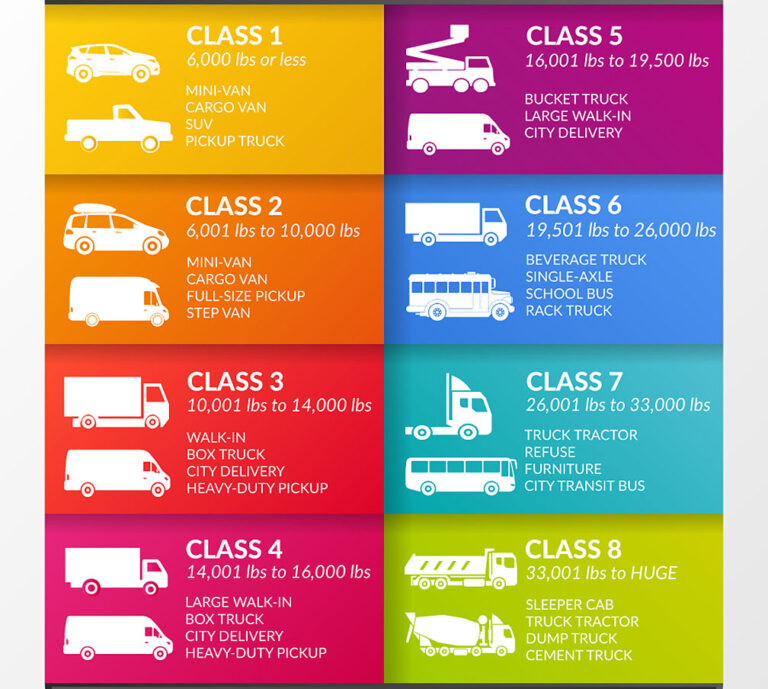Nonsense. Running at max GVWR on the highway isn't taxing anything near peak on a truck unless you are hitting a legit, and long, 6+% grade, or operating continuously on legit off-road.
Start from the ground and work your way up...
Tires
Brakes
Hub/wheel bearings
Axle housing
Ring and Pinion
Driveshaft and U-joints
Trans
Clutch/Converter
Engine
Chassis
I run at or over max GVWR all the time. Nothing on that list is near its max rating. Nothing.
Ive said it before, and Ill say it again.... Max GVWR in the USA for todays "light duty" full-size trucks has essentially nothing to do with actual limits.
They are FAR more related to registration, liability, and $$$ As once you cross that magical 10K mark, you are quite literally, in a whole new class.
?

